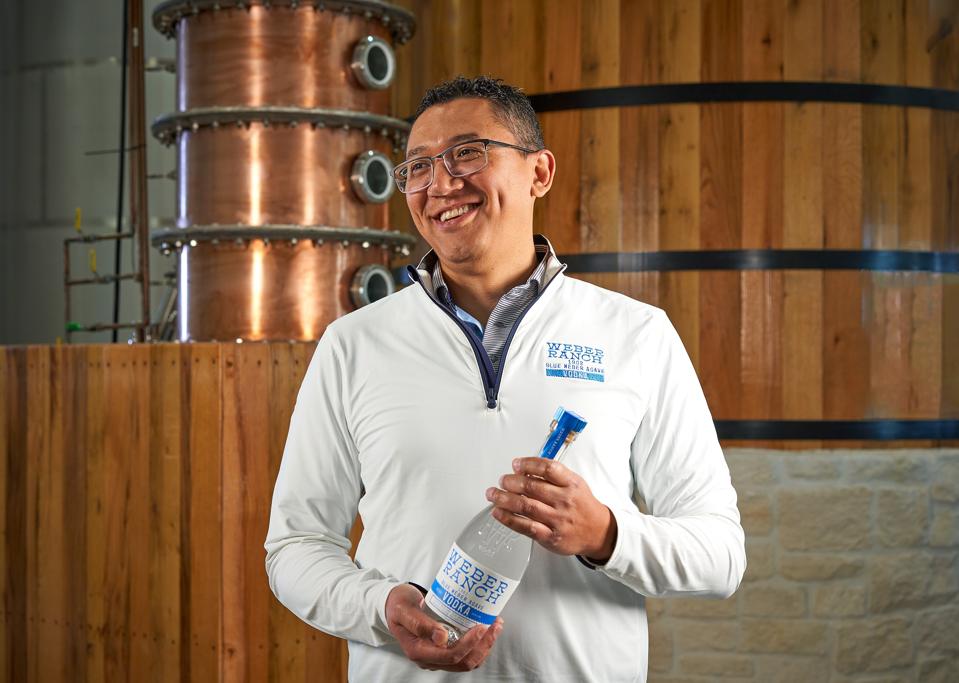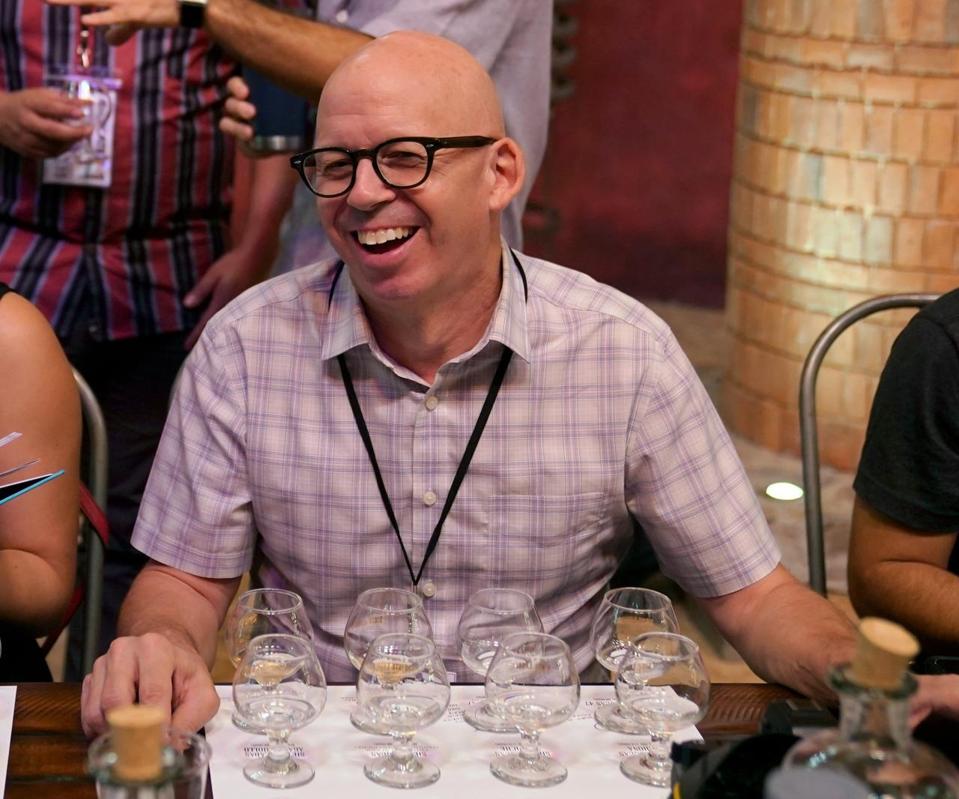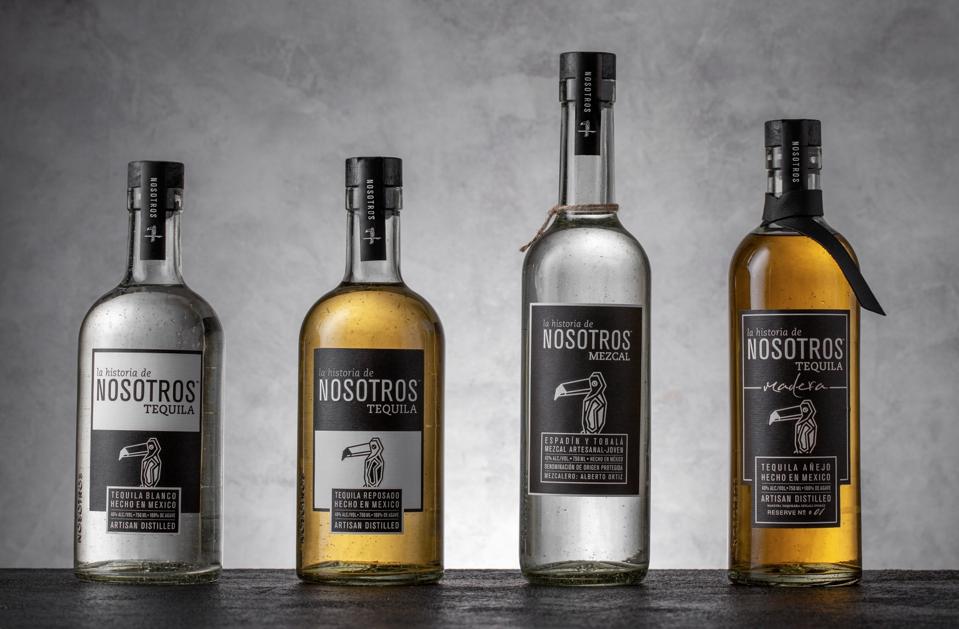The debate about additives in agave spirits has been going on for a while. Additives are legaly used in the tequila industry, but brands do not have to disclose if their product contains them or not. Many brands claim to be additive-free, but consumers didn’t have a way to confirm it. Now, there is an organization dedicated to help them know whether their favorite spirits contain them or not.
As demand for third-party confirmation of additive-free tequila grew, Grover and Scarlet Sanschagrin, co-founders of Tequila Matchmaker, filed for nonprofit 501(c)(3) status with the IRS for a newly formed entity, the Additive Free Alliance, Inc. Originally started as a program run by their popular website and app, the AFA is now an independent entity with a board of directors and an expanded mission beyond tequila. Now, agave-related spirits in other categories, including raicilla, mezcal, and other agave-based products such as agave syrups, are expected to join the Alliance in the coming months.
One of these products is newly released Weber Ranch 1902 Vodka, which is made 100% from Blue Weber agave grown in Jalisco, Mexico. The agave is harvested and distlled in Jalisco, then transported to Muenster, Texas, where it is distlled a second time in proprietary copper pot and column stills, filtered, and bottled. The product was developed by the team that created Patrón Tequila, including Antonio Rodriguez, Weber Ranch’s master distller, and the former production director at Patrón.
Antonio Rodriguez, master distiller for Weber Ranch Vodka, is the innovating former production … [+]
© 2024 Marple Creative | Kevin Marple Photo
The challenge was to produce a clear spirit that was identified as vodka, but respecting the flavor and specific notes of the agave while keeping it completely additive-free.
“Blue Weber Agave is truly a special plant that creates a superior spirit, and that’s not just limited to tequila,” says Rodriguez. “Weber Ranch Vodka is unmistakably a vodka, but because we’re using agave, we’re able to develop subtle, smooth flavor notes of tropical fruit and citrus that make this spirit not only better for classic vodka cocktails, but it works equally well in traditonal agave-based drinks like a ranch water or paloma.”
By joining the AFA, Weber Ranch is not only the first agave-based vodka in the market, but one of the founding members of the alliance, which currently includes 100 brands, almost 400 products, over 125 retail partners, and 42 distilleries.
Brands and companies that elect to join the AFA agree that products they sell in retail stores in the U.S. must be analized by an independent liquid chromatography lab and undergo a sensorial evaluation, to confirm that they are free of additives. These include artificial sweeteners and flavorings, sugar, and added glycerin and propylene glycol.
Grover Sanschagrin, founder of Tequila Matchmaker and the new board president of Additive Free … [+]
Courtesy of AFA
Participating brands and companies pay for costs related to lab testing. After their first year in the program, they contribute a nominal fee to help with operational costs and random lab testing. Brands on the AFA list are free to use the logo on their bottles, if they wish.
“For us, this program has always been a way to honor our respect for the agave plant,” says Grover Sanschagrin. “Simply put, we don’t think that a well-made agave spirit needs additives, in many cases this just covers up the agave. So why use it in the first place? When we made the decision to convert our program into its own non-profit organization, we also decided to open it up to all agave-based products and spirits.”
However, the popularity of the program is making some of the big producers nervous, which is creating issues for the AFA. “They are trying their best to stop us,” says Sanschagrin, who is also facing false criminal allegations made against them by the Consejo Regulador del Tequila, the Mexican entity that oversees production of the spirit. “We are fighting these accusations, none of which have anything to do with our additive free program. But it’s Mexico, and the process is slow.”
Nosotros Tequila is one of the brands that have benefitted from the newly expanded certification … [+]
Nosotros
“One of the advantages now of the newly expanded Additive Free Alliance is that the verification process is all lab-based, so brands can participate without the need for an in-person site visit to the distillery,” says Carlos Soto, founder of additive-free brand Nosotros Tequila, which was previously unable to join the Alliance because of their contract distillery’s privacy practices.
Sanschagrin remarks that the AFA is not against brands that use additives. “From the very beginning, our goal was simply to seek transparency in product labeling,” he says. “The AFA is not a regulator, or an official certification. We’re an independent nonprofit organization of likeminded member companies that are committed to transparency, community, and honesty.”
“I think it’s important to remind people that we are not trying to tell Mexicans how to make their products. Our program is opt-in, and only useful for brands who wish to use us as an independent third party to verify the claims that their tequila is additive free. We have no restrictions on how anything is made.”
Sanschagrin says that the popularity of the Additive Free Alliance is still a surprise to its founders, but there is clearly a consumer demand for the process they are offering. “We will continue this work until we finally achieve our ultimate objective: transparency and clarity in labeling.”



